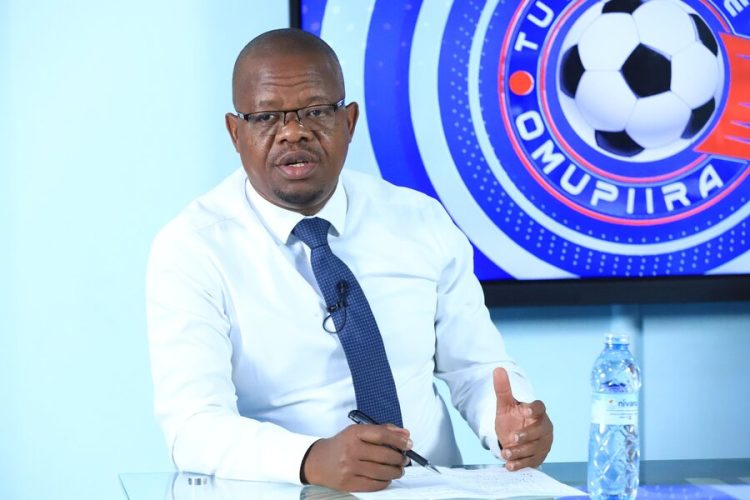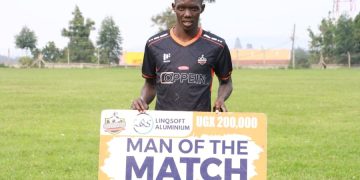The Uganda Premier League (UPL) is set for a dramatic shake-up in the 2025/26 season after FUFA successfully pushed through a controversial new competition format in a heated stakeholders’ meeting on Tuesday at the Serena Hotel in Kampala.
Thirteen of the league’s 16 clubs backed the reforms, but the meeting descended into drama when three of the league’s biggest names, Vipers SC, SC Villa, and NEC FC, staged a walkout in protest.
Vipers president Dr. Lawrence Mulindwa, speaking on behalf of the dissenters, accused FUFA of railroading clubs into endorsing a predetermined plan.
“This was supposed to be a follow-up meeting from last week, but it was clear FUFA already had a position,” Mulindwa fumed. “After delivering my remarks, I had to walk out because I did not agree with the direction being taken.”
Mulindwa went further, alleging political interference and intimidation.
“We have about eight government institutions represented in the league, and orders came from the top that they must back the new format,” he claimed. “Some chairpersons privately admitted they did not support the idea, but had no choice. FUFA then went as far as branding us as government opposition with hidden political agendas. That is uncalled for. We are simply raising genuine concerns about the league.”
He defended his stance, saying he would not let his name be dragged into controversy.
“I have been in this game for a long time and contributed a lot to football. I cannot let my name be dragged into such traps,” he added.
16 teams for the @UPL
The refined reforms after the meeting on Tuesday 9th September 2025 at Serena Hotel#UPL pic.twitter.com/5bS3doTIY5— FUFA (@OfficialFUFA) September 10, 2025
FUFA president Moses Magogo, however, dismissed Mulindwa’s claims of coercion and political influence, saying no such calls were made.
“I don’t know about any calls being made to institutional clubs. Personally, I did not call anyone,” Magogo countered. “We simply circulated information, and some clubs responded.”
Magogo insisted the reforms were necessary to modernize and commercialize Ugandan football, citing a Sh3.4 billion investment package as proof of FUFA’s commitment.
“The reforms are being financed by the Sh3.4 billion we have raised, not government money,” he explained. “These resources are intended to bridge gaps, cover secretariat costs, boost marketing and media for the league, and even introduce locker-room bonuses for players. The idea is to build a product that can attract sponsors, TV rights, and eventually generate more money for the clubs.”
He added that FUFA still plans to lobby government for additional support for clubs.
“Introducing change is never easy. It causes anxiety and resistance, but in two or three years, I believe this story will be told differently,” Magogo said.
On the boycott by Vipers, Villa, and NEC, Magogo struck a conciliatory tone, pledging further dialogue.
“They are our members and important stakeholders. We need them in our long-term plan, and we shall keep talking until they come on board.”






